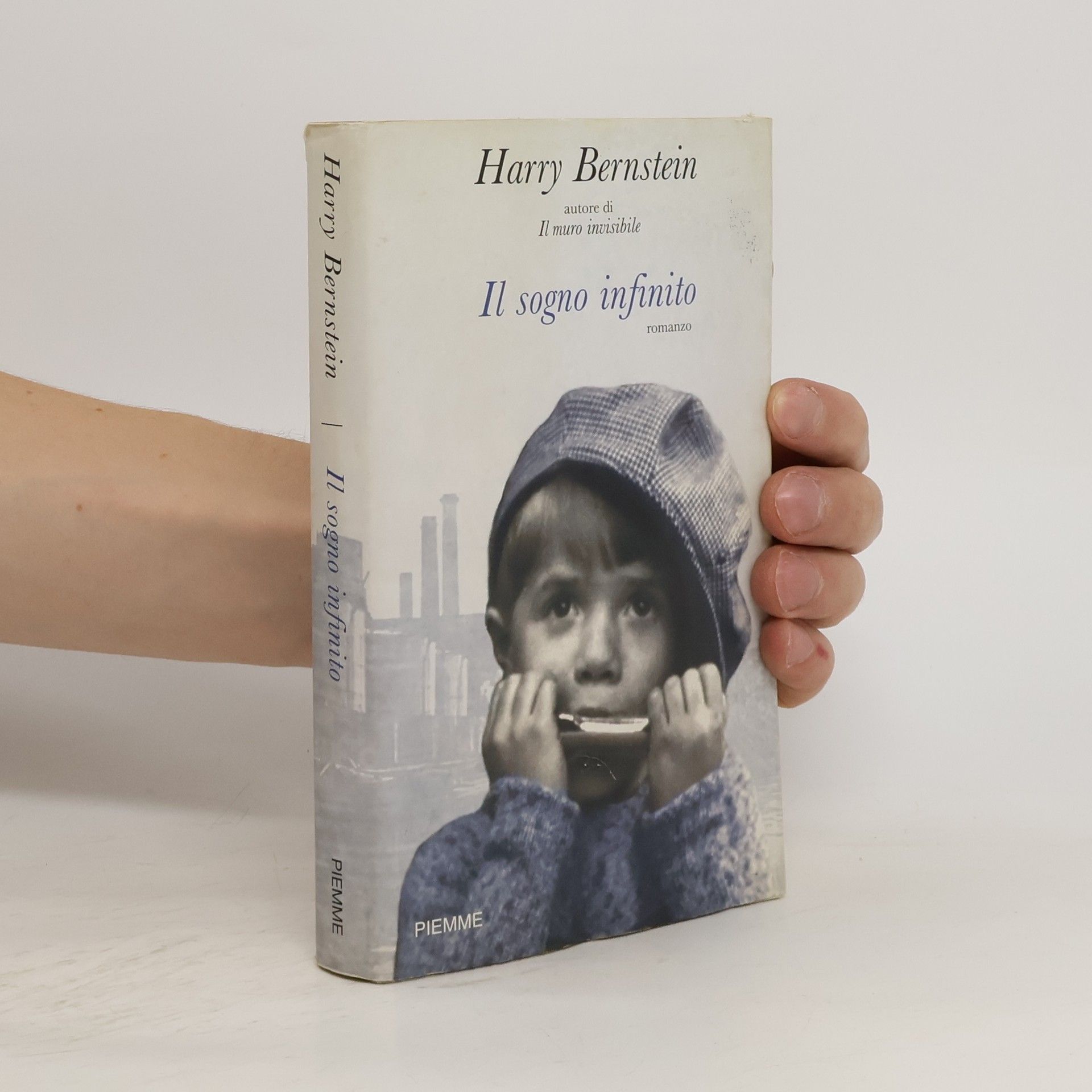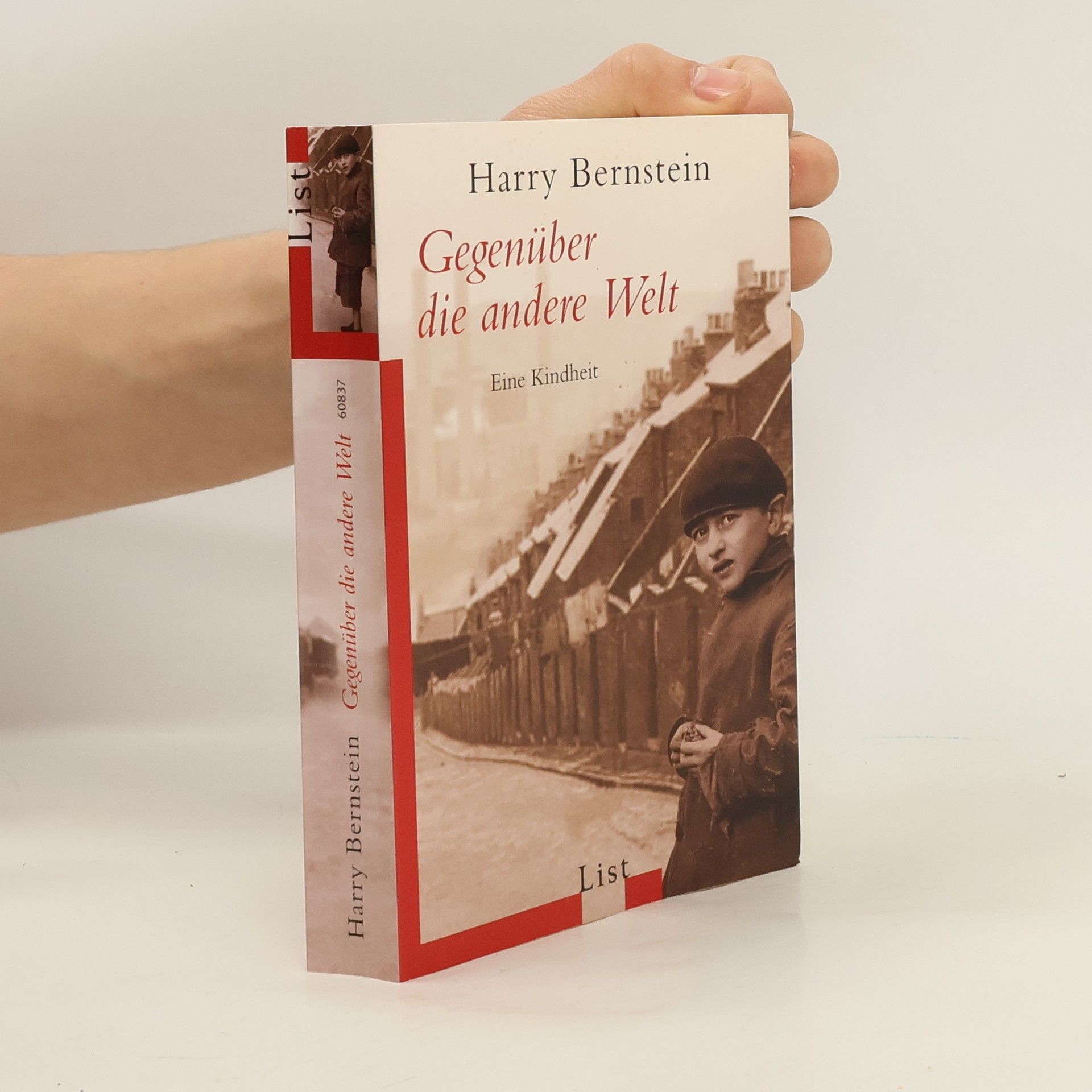Der vierjährige Harry wird zum heimlichen Boten von Liebesbriefen eines jüdisch-christlichen Paares. Als die Beziehung entdeckt wird, wird das Mädchen ins Ausland verbannt. Auch Harrys Schwester Lily wehrt sich gegen die Zwangsheiratspläne ihrer Mutter mit einem Rabbi. Bernsteins Erinnerungen sind spannend und aktuell.
Harry Bernstein Livres
Harry Bernstein a commencé à écrire dans sa quatre-vingt-dixième année, se tournant vers son passé après la mort de sa femme pour explorer les thèmes des préjugés, de l'amour familial et du dépassement de l'adversité. Ses œuvres explorent les complexités de l'identité et des relations intergénérationnelles, reflétant une vie marquée par des rencontres avec l'antisémitisme et des romances interculturelles. La prose de Bernstein se distingue par son honnêteté brute et sa profonde perspicacité sur la condition humaine, offrant une perspective unique sur la résilience et la quête de sens. Son écriture célèbre finalement le pouvoir durable de l'esprit humain.




Il sogno infinito
- 319pages
- 12 heures de lecture
Der vierjährige Harry wird zum heimlichen Boten von Briefen eines jungen jüdisch-christlichen Liebespaares. Als die Beziehung entdeckt wird, verbannt die Familie das Mädchen ins Ausland. Auch Harrys Schwester Lily hat sich in einen Jungen von der anderen Straßenseite verliebt. Die Mutter will die drohende Familienschande durch die Verheiratung ihrer Tochter mit einem Rabbi abwenden. Doch Lily wehrt sich mit aller Kraft gegen die Zwangsheirat. Bernsteins Erinnerungen lesen sich wie ein spannender Roman und sind nach fast hundert Jahren hochaktuell wie nie.
Il giardino dorato
- 233pages
- 9 heures de lecture
Si conobbero a un ballo alla Webster Hall di New York e si innamorarono fin dal primo sguardo. Era il 1935 e poco dopo Harry e Ruby erano sposati. Dal loro primo appartamento, una stanza ammobiliata nell’Upper West Side, agli anni nel Greenwich Village, al centro della scena artistica newyorchese e circondati da ballerini, musicisti e scrittori, fino alla scelta di trasferirsi in una comunità per anziani nel New Jersey, la loro è la parabola del grande sogno americano. Insieme, attraverso la Grande Depressione, la guerra mondiale, il Maccartismo. Insieme, nei momenti duri – licenziamenti, crisi – e in quelli felici – l’acquisto della prima casa, la nascita dei due figli. Una storia d’amore durata quasi settant’anni.Poi succede l’inevitabile: Ruby si ammala di leucemia e muore. Uno dei due doveva essere il primo, lo sapevano, ma Harry rimane improvvisamente solo: un’esperienza del tutto nuova e devastante. Così si mette a scrivere.